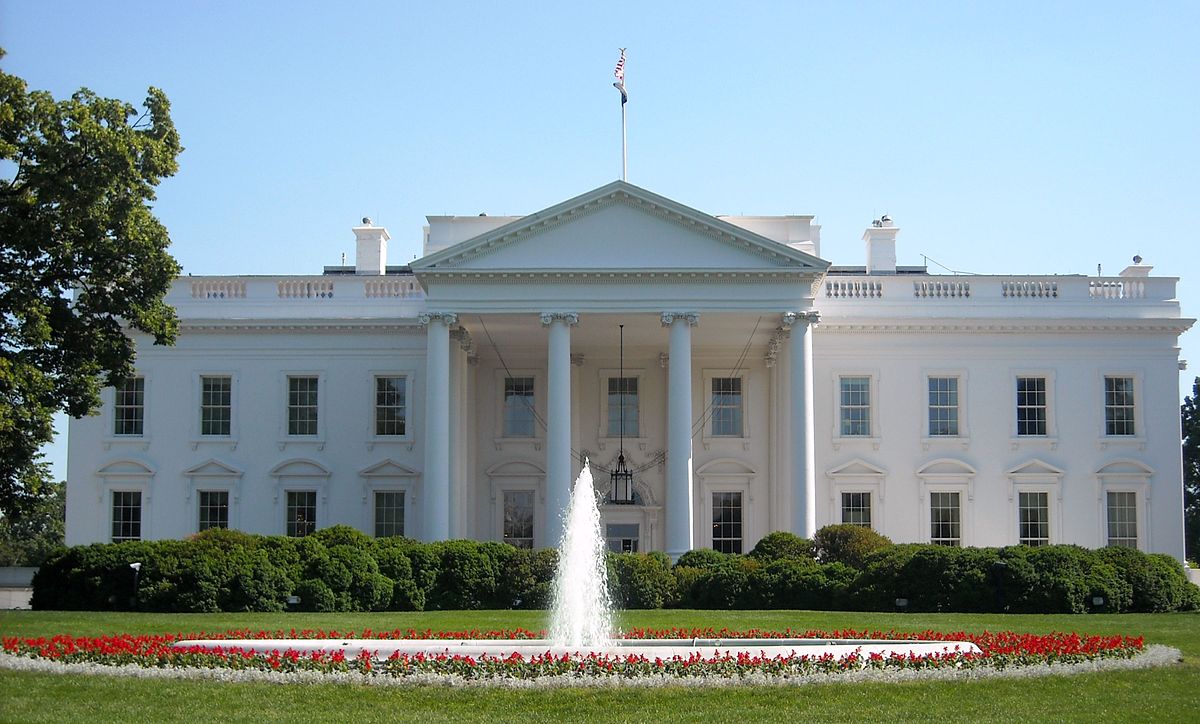The attorney general of Kansas, who is leading the lawsuit, claims that making it any easier for Americans to escape crushing student debt could disincentivize graduates from pursuing careers in public service.
A coalition of conservative attorneys general have filed a lawsuit against the Biden administration, claiming that the federal government overstepped its authority in authorizing a new student loan repayment plan.
According to The Associated Press, the lawsuit was filed earlier this week.
In their complaint, the Republican-dominated states—led by Kansas—allege that the Department of Education unlawfully circumvented Congress in creating its SAVE Plan for student-loan borrowers.
“In a completely brazen fashion, the president pressed ahead [with the SAVE Act] anyway,” Kansas Attorney General Kris Kobach said in a Wednesday press conference. “The law simply does not allow President Biden to do what he wants to do.”
“They are forgiving the student loans of people who ran up huge debt, maybe went on to graduate school, and they’re paying for it with the taxpayer dollars provided by people who didn’t go to college because it was too expensive, or people who worked their way through college, or families like mine scraping to save money to help send our kids through college, rather than rack up this debt,” Kobach said.

“So, they’re transferring wealth from lower-income and middle-income people to people [with] higher income[s],” he said. “It’s extremely unfair; it’s also illegal.”
The Biden administration has yet to comment on the lawsuit, but has since emphasized that a legislative act passed in 1993 gives the Department of Education authority to define the terms and limitations of income-driven student loan repayment programs.
“The Biden-Harris Administration wont’s top fighting to provide support and relief to borrowers across the country—no matter how many times Republican elected officials try to stop us,” the Department of Education said in a statement.
Under the SAVE Plan, more borrowers are eligible for reductions to their minimum monthly payments. And, in some cases, borrowers may be eligible for loan cancellation in as little as 10 years. SAVE Plan participants are also afforded additional protections against accumulating interest on their loan premiums.
In 2022, Biden said that the SAVE Plan was intended “to give more borrowers breathing room so they can get out from under the burden of student loan debt.”
The Department of Education drafted and enacted the SAVE Plan by amending existing income-driven repayment programs, rather than creating a brand-new plan or requesting that Congress authorize adjustments.
Kobach and his allies, though, say that the SAVE Plan has the potential to inflict significant and irreparable damages to their states and constituents. For example, the lawsuit suggests that—by offering generous terms for debt forgiveness and repayment—university graduates may be disincentivized from pursuing public service-oriented careers, through which many workers can apply for unconditional loan forgiveness after making on-time payments for 10 years.
The SAVE Plan, notes The Associated Press, was announced in 2022—alongside a proposal to forgive up to $20,000 in outstanding student loan debt for more than 40 million Americans. Although the Supreme Court blocked the debt-cancellation initiative from taking effect, it never issued any ruling on the legality of the SAVE Plan.
Sources
GOP-led states sue to stop Biden’s student loan forgiveness plan
More legal woes for Biden’s student loan forgiveness. Latest GOP lawsuit targets SAVE plan
Republican states file lawsuit challenging Biden’s student loan repayment plan


Join the conversation!